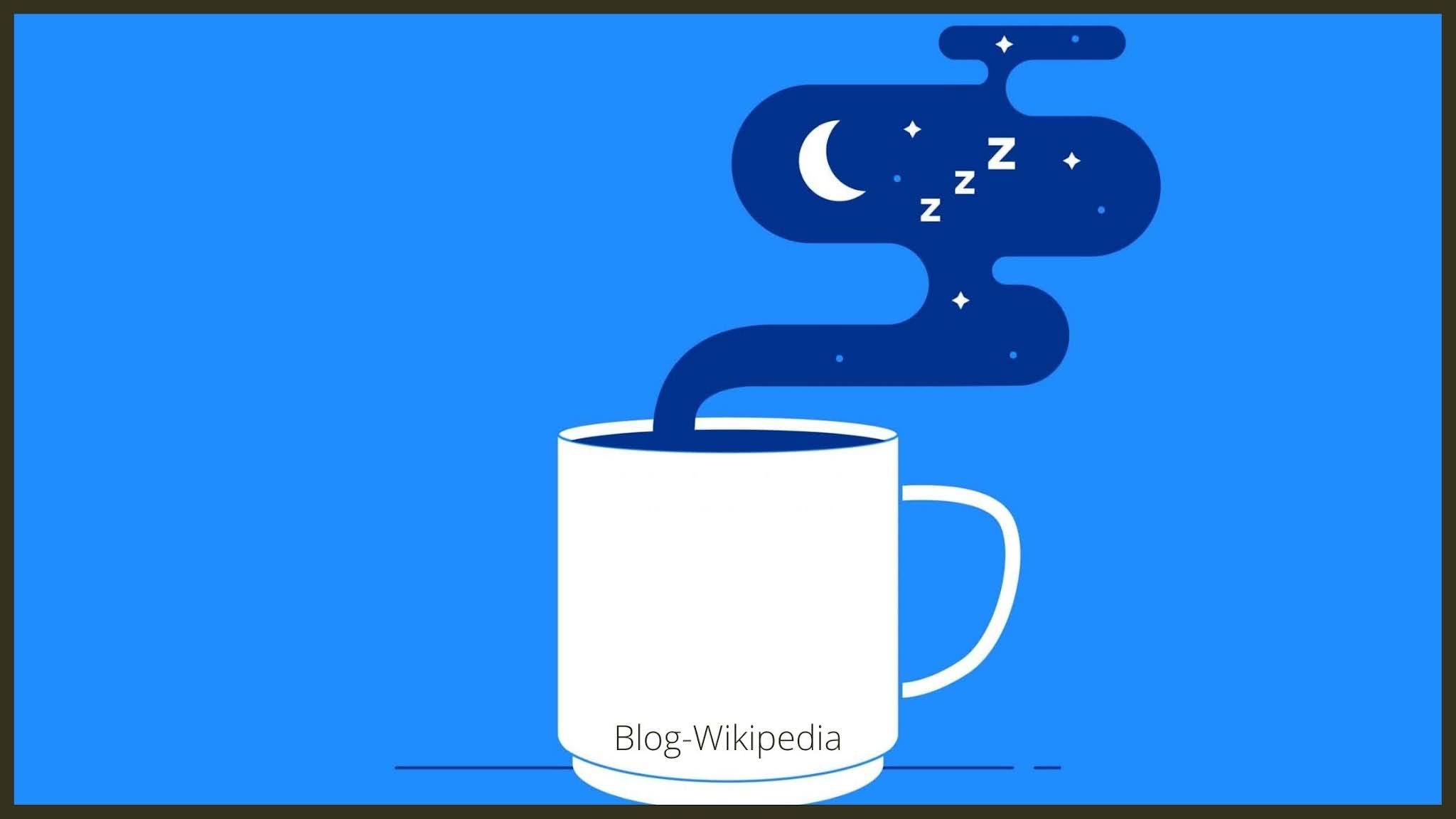 |
| Why does coffee make me lose sleep? |
Many of us have a habit of waking up in the morning and drinking a cup of tea or coffee. Drinking tea and coffee stimulates the nerves. And caffeine does this to stimulate the nerves. Caffeine levels in tea and coffee vary. On average, 100 grams of tea contains about 11 grams of caffeine, and coffee contains 40 grams per 100 grams. That is why coffee is more effective in waking up sleep or stimulating the nerves.
After eating, caffeine quickly travels through the bloodstream to the liver. Caffeine breaks down in the liver. Then it affects different organs. However, its main effect is on the brain. There is a type of neurotransmitter called adenosine in the brain. It relaxes the brain. As a result, the body feels tired. Levels of this adenosine increase throughout the day. Once upon a time sleep came in fatigue. Caffeine blocks this adenosine. As a result, the body loses the feeling of being tired.
In addition, caffeine increases the level of adrenaline secretion in the blood. This adrenaline hormone is responsible for feeling intense emotion or arousal. Also, it increases the secretion of dopamine and norepinephrine. About 60 percent of the world's population consumes at least one caffeinated food or drink every day.
v
Studies have shown that caffeine also has several benefits. It also reduces the risk of Alzheimer's or similar neurological disorders. However, excess caffeine intake creates a kind of caffeine dependence in the body. Then without caffeine, headaches, discomfort, increased heart rate, etc. can be a problem. That's why you shouldn't eat too much tea or coffee or become dependent on it, say nutritionists.

0 Comments
We welcome relevant, respectful comments. Any comments that are sexist or in any other way deemed hateful by our staff will be deleted and constitute grounds for a ban from posting on the site.